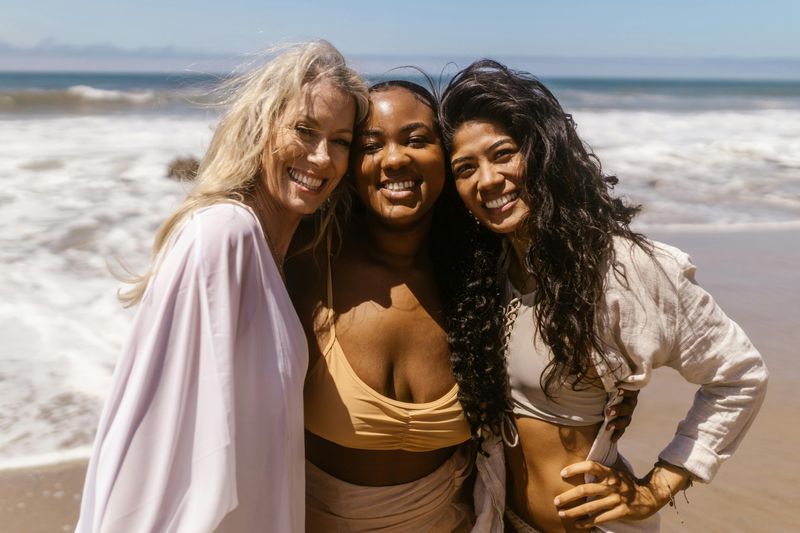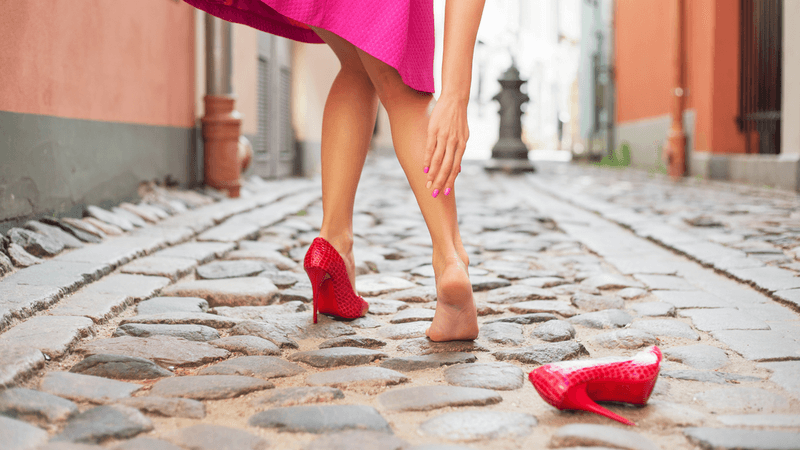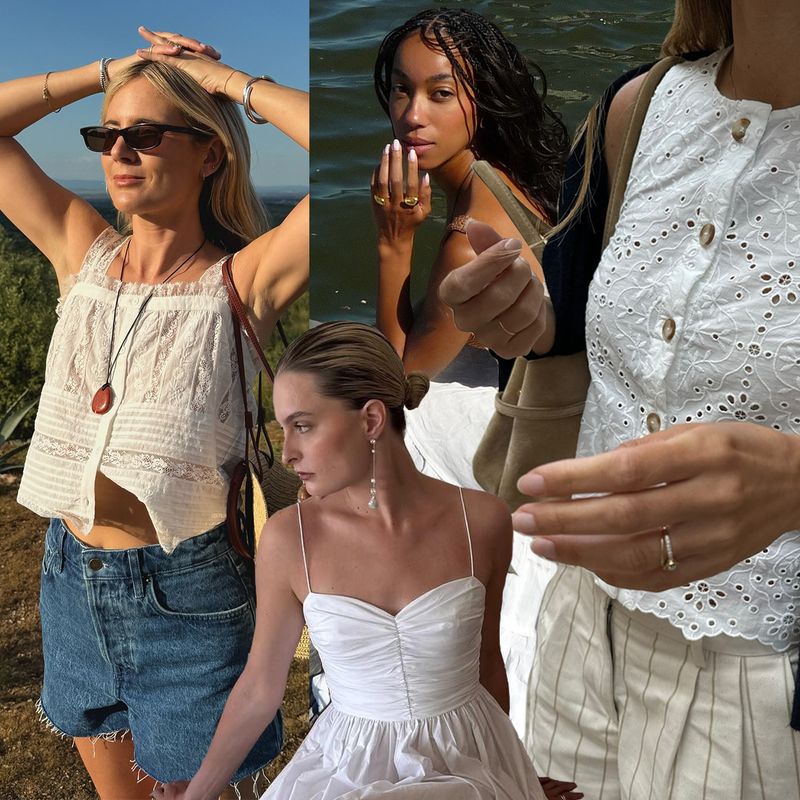9 Things Women Say They Outgrew in Their 30s

Reaching your thirties brings a shift in priorities, preferences, and perspectives for many women. What once seemed exciting or essential in your twenties might suddenly feel exhausting or unnecessary as you enter this new decade. Based on conversations and surveys with women in their thirties, we’ve compiled a list of activities and habits that many find themselves naturally outgrowing. These revelations aren’t about getting older—they’re about getting wiser about what truly matters.
1. All-Night Partying

Remember dancing until sunrise and still making it to work the next day? Those superhuman recovery powers seem to vanish after 30. The combination of loud music, crowded spaces, and minimal sleep now creates a perfect storm of exhaustion that can derail your entire week.
Many women report that their bodies simply refuse to bounce back from late nights like they used to. The two-day hangover becomes a real phenomenon, making those epic nights out seem less worth the aftermath.
Instead, quality gatherings with close friends at reasonable hours have become the preferred social setting, offering meaningful connection without the physical toll.
2. Fast Fashion Shopping Sprees

Impulse-buying trendy clothes that might be worn once before being relegated to the back of the closet loses its charm after 30. Many women discover a growing distaste for disposable fashion and its environmental impact.
The joy of having a wardrobe bursting with inexpensive, trend-focused pieces gives way to appreciation for fewer, better-quality items that last longer. Budget priorities shift too, with many preferring to invest in pieces that offer versatility and durability.
“I’d rather save up for one great jacket than buy five cheap ones that fall apart,” is a common sentiment among women who’ve crossed the thirty threshold.
3. Uncomfortable Footwear

Sky-high heels that once seemed worth the pain for a night out have lost their appeal for many women post-30. The realization that foot health actually matters strikes with surprising force during this decade.
“I donated 80% of my heel collection after my 31st birthday,” admits one woman. “Now I ask myself: Could I run for a bus in these if I needed to?” This practical approach doesn’t mean abandoning style—just prioritizing comfort alongside it.
Many women report investing in well-made, supportive shoes that don’t sacrifice aesthetics entirely but refuse to accept throbbing feet as the price of fashion.
4. People-Pleasing Behaviors

The compulsive need to say yes to every invitation, request, or social obligation begins to fade after 30. Women frequently report a newfound ability to decline without elaborate excuses or guilt.
Learning to prioritize your own needs stops feeling selfish and starts feeling necessary. “I realized I was stretching myself thin trying to make everyone happy except myself,” shares one woman who embraced boundaries in her thirties.
Many discover that authentic relationships actually strengthen when they stop overcommitting and start being honest about their limitations and preferences. The freedom that comes with selective social engagement becomes addictively liberating.
5. Toxic Friendships

Friendships that drain more energy than they provide become increasingly difficult to justify after 30. The emotional bandwidth for relationships that consistently leave you feeling worse becomes noticeably limited.
Women often report becoming more discerning about who deserves their time and emotional investment. One-sided friendships, constant drama, and relationships built on competition rather than support get reassessed with new clarity.
“I used to think having lots of friends was the goal. Now I value having the right friends,” explains a woman who streamlined her social circle after her third decade. Quality connections with genuine support become the priority.
6. Intense Workout Challenges

The punishing exercise regimens that focus exclusively on aesthetics or extreme performance begin losing their appeal. Many women discover that their bodies respond differently to high-intensity workouts after 30, with longer recovery times and more potential for injury.
“I used to push through pain thinking it meant progress. Now I recognize it often means something’s wrong,” shares one former fitness enthusiast who’s adopted a more balanced approach. Movement that supports overall wellbeing takes precedence over workouts designed to transform or punish the body.
Sustainability becomes the key factor in choosing physical activities—can this be maintained as a lifelong practice rather than a short-term challenge?
7. Keeping Up With Every Trend

The exhausting cycle of following every new trend—whether in technology, fashion, slang, or social media—becomes less compelling after 30. Many women describe a sense of relief in being selective about which cultural shifts deserve their attention and participation.
The pressure to stay perpetually current on every TikTok challenge or viral moment fades as confidence in personal preferences grows stronger. “I’ve stopped asking ‘What should I like?’ and started asking ‘What do I actually enjoy?'” notes one woman who found freedom in this shift.
This selective engagement isn’t about becoming resistant to change but about making intentional choices rather than following trends out of FOMO.
8. Overcrowded Social Calendars

The packed weekend schedules that once felt exciting in your twenties often become overwhelming after 30. Many women admit to secretly rejoicing when plans get canceled, providing unexpected free time to simply exist without obligations.
“I used to schedule three events in one day to maximize socializing. Now I limit myself to one meaningful interaction and protect my downtime,” explains one woman who’s embraced a slower pace. The quality of experiences takes priority over quantity.
This shift doesn’t indicate becoming antisocial—rather, it reflects a deeper understanding of personal energy limits and the value of unstructured time for creativity, rest, and spontaneity.
9. Pretending to Know Everything

The pressure to appear knowledgeable about everything—from current events to wine selection to literary classics—noticeably diminishes after 30. Many women describe the liberating experience of saying “I don’t know about that” without embarrassment or apology.
Learning becomes more enjoyable when it’s driven by genuine curiosity rather than fear of appearing uninformed. “I spent my twenties nodding along to conversations I barely understood. Now I ask questions without worrying how I look,” shares one woman.
This comfort with intellectual humility often leads to more authentic conversations and unexpected learning opportunities that wouldn’t emerge in environments where everyone’s pretending to be an expert.

Comments
Loading…